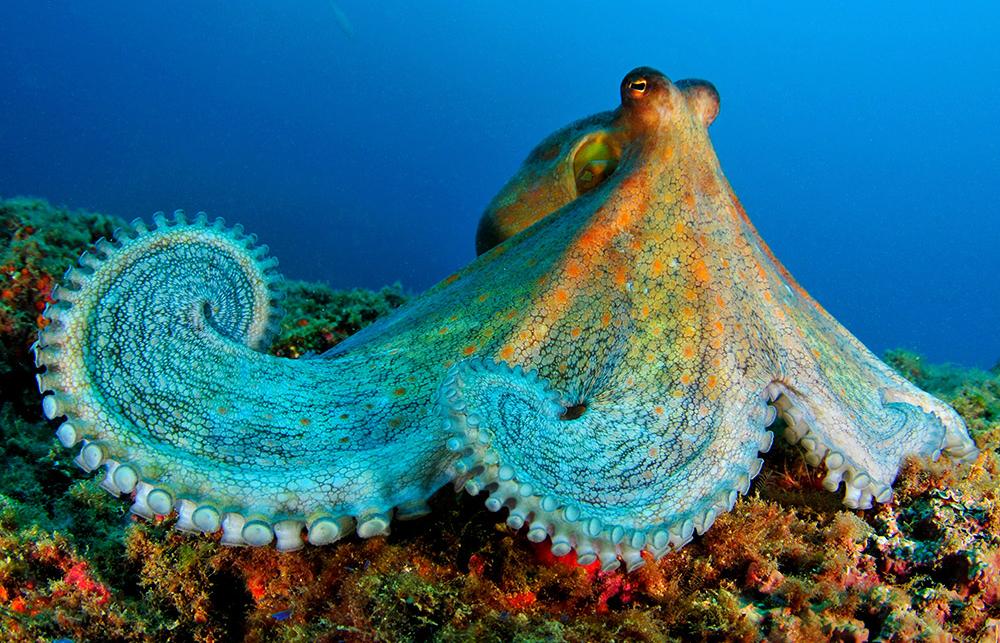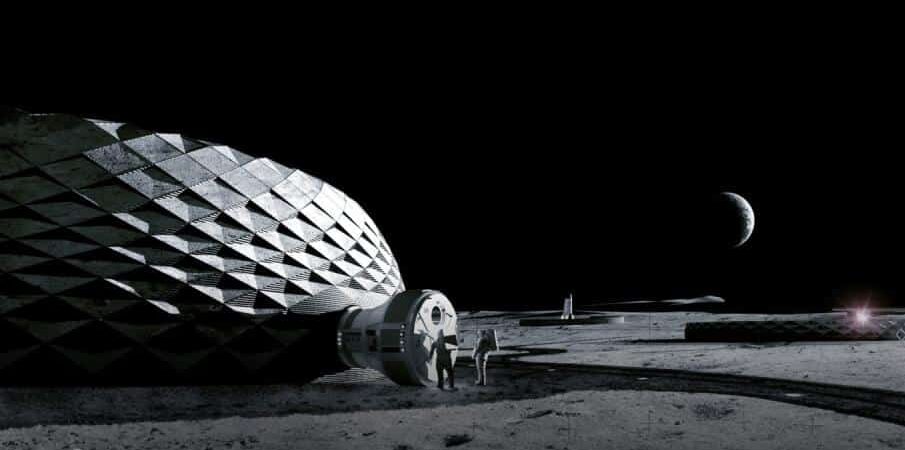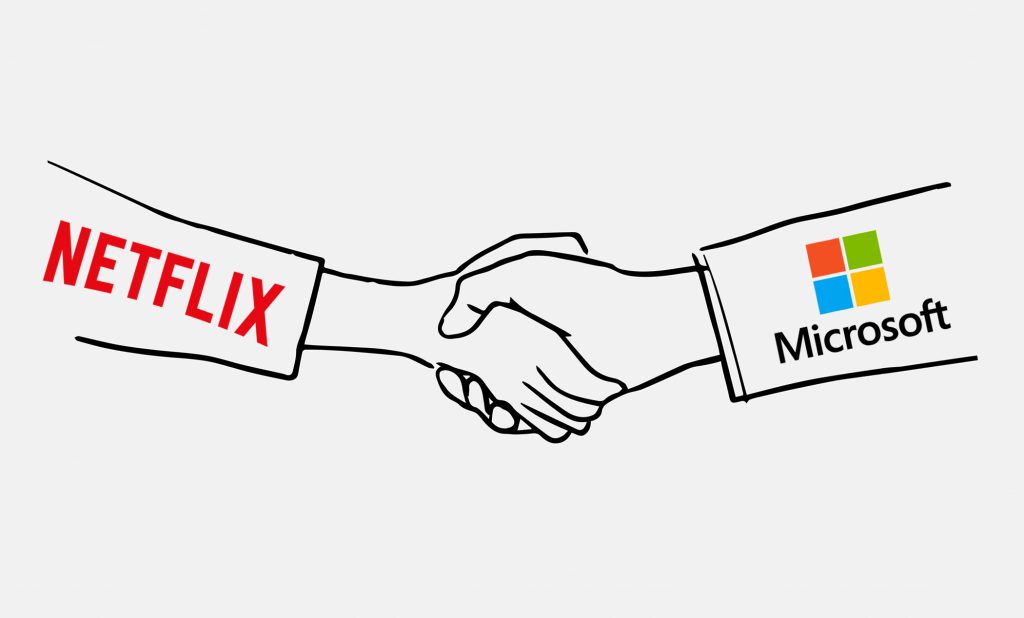After ten years of discussion, the international community has reached a landmark agreement to safeguard the oceans.
To preserve and restore marine life, the High Seas Treaty aims to designate 30% of the ocean as protected areas by 2030.


After 38 hours of negotiations, the two sides finally settled on a deal on Saturday night at the United Nations headquarters in New York.
Disagreements over money and fishing rights had stalled the talks for a long time.
It has been four decades since the United Nations Convention on the Law of the Sea was signed, making it the last international agreement on ocean protection.
High seas, or international waters, are those waters where all nations have equal access to fishing, shipping, and scientific research, but only 1.2 percent of them are actually protected by international law.
Climate change, overfishing, and shipping activity have all put marine life outside of protected areas at risk.
The strategy to protect the open ocean
According to the most recent study conducted by the International Union for the Conservation of Nature, nearly 10% of marine species worldwide are in danger of going extinct (IUCN).
The treaty establishes new protected areas where fishing, shipping lanes, and exploration activities like deep sea mining (when minerals are extracted from the sea bed at depths of 200 meters or more) will be restricted.
Concerns have been raised by environmentalists that mining operations may threaten wildlife habitats by, for example, causing excessive noise or releasing chemicals into the water that could be harmful to marine life.
“any future activity in the deep seabed will be subject to strict environmental regulations and oversight to ensure that they are carried out sustainably and responsibly,” the International Seabed Authority, which oversees licensing, told the BBC.
After two weeks of negotiations that at times threatened to unravel, Rena Lee, the UN Ambassador for Oceans, brought down the gavel.
IUCN Ocean team director Minna Epps identified the sharing of marine genetic resources as the primary source of contention.
The ocean is home to a wide variety of plant and animal species, and these resources, known as marine genetic resources, can be used in many ways that benefit humankind.
Currently, only wealthy countries can afford to explore the ocean’s depths, but developing countries are keen on ensuring that any discoveries are fairly distributed.
The problem, according to Dr. Robert Blasiak, an ocean researcher at Stockholm University, is that no one knows how much ocean resources are worth, making it difficult to decide how to divide them.
As he put it: “Our understanding of the ocean floor is like a large, high-definition, widescreen TV on which only a few of the pixels are operational. So far, scientists have identified roughly 230,000 marine species, but they believe there are more than two million.”
Laura Meller, an oceans campaigner for Greenpeace Nordic, commended countries for “putting aside differences and delivering a treaty that will let us protect the oceans, build our resilience to climate change and safeguard the lives and livelihoods of billions of people”.
She went on to say that this was “a historic day for conservation” and proof that “protecting nature and people can triumph over geopolitics” in a fractured world.
It will take another meeting of the countries to formally adopt the agreement, and much work remains to be done before the treaty can be put into effect.
According to the BBC, Pews Trust ocean governance team director Liz Karan said: “To be effective, it will need some time. For it to come into force, it must be ratified [legally adopted] by a majority of the world’s countries. There are also many institutional bodies, such as the Science and Technical Committee, that need to be established.”




